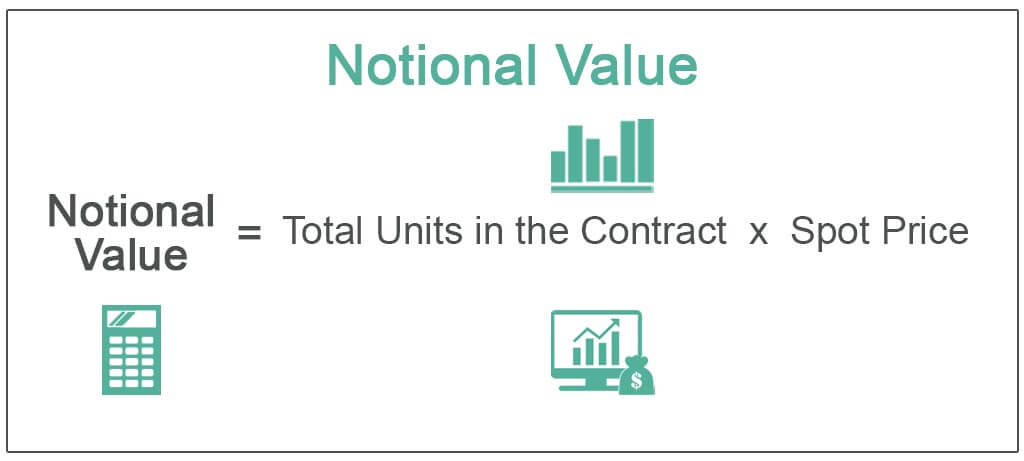More costly: Even if it may be easier to certify for seller funding than a traditional home loan, you'll typically be charged a higher rates of interest and pay more over the life of the loan. Balloon payment concerns: If you can't manage to make the balloon payment with your own cash reserves, you might need to get funding to cover the expense. If you do not do either, you risk losing your house and all the cash you've paid up to that point. No price-shopping: With a conventional home mortgage, you can look around and compare rates and other terms on a single home.
While they're not always set in stone you can attempt working out on some points you do not have the choice to price-shop. An existing home mortgage can be bothersome: If the owner still has a mortgage on the residential or commercial property and the loan has a due-on-sale clause, the lender can require immediate payment of the rest of the principal balance once the sale goes through to you. Accounting vs finance which is harder. If neither you nor the owner pay, the bank can foreclose on the home. To prevent this, make certain the seller owns the property complimentary and clear. If not, think about among the options below. More work: While you can close on the home with the buyer quicker than you might with a traditional mortgage, seller funding might require more work in general.
Possible for foreclosure: If the buyer defaults on the loan however doesn't leave the home, you may require to begin the foreclosure procedure, which can get made complex and pricey. Possible repair work costs: If you wind up requiring to take back the home, you may be on the hook for repair work and upkeep expenses if the buyer didn't take great care Informative post of the house. If the owner has an existing home loan on the residential or commercial property, it likely has a due-on-sale stipulation connected to it. There are some situations, however, where the loan provider might accept seller funding under particular conditions. And there may be other ways to make it occur without including the original home loan lender at all.
As you think of which one is ideal for you, consider working with a lawyer to help you draft up the arrangement to prevent prospective problems down the roadway. With this plan, you effectively take over the month-to-month payments on the seller's home mortgage loan, however they're still lawfully accountable for making the payments under their contract with the lending institution in truth, the lending institution may not even understand that you have actually presumed the month-to-month payments. This means that if you stop making payments, they're still on the hook, and it could ruin their credit if they do not use up payments again. In addition, if the holder of a property mortgage ends up being conscious of this arrangement they may call the loan due instantly.
But otherwise, don't expect lots of sellers to get thrilled about this choice because of the increased danger they're required to take on. With a wraparound home mortgage, you're developing a loan that's huge enough to cover the existing loan plus any equity the owner has in the property. You make the payment on the bigger wraparound home mortgage, and the owner takes a part of that total up to make the payment on the original home loan. The difference between the payments is the owner funding on the equity portion of the home. The primary drawback of a wraparound home mortgage is that it's junior to the original home loan.

With this setup, you ultimately rent the property from the seller with an option to purchase it. In many cases, you may even have an agreement prepared to buy the house at a set date in the future. This alternative enables the purchaser to ensure control over the home, and it can offer the owner some time to finish paying off the original mortgage. Similar to a wraparound home loan, however, the buyer is still at the grace of the owner, and if the latter defaults on their loan, the lease contract will no longer be in impact when the bank forecloses.

Things about The Trend In Campaign Finance Law Over Time Has Been Toward Which The Following?
It works only when the seller owns the home free and clear since the owner keeps the residential or commercial property title while the purchaser makes monthly payments. As soon as the buyer finishes the payment term which can be whatever the 2 parties agree to they'll receive the deed to the house. If they default, nevertheless, the owner maintains the deed and can reclaim the home. With a rent-to-own financing arrangement, the buyer moves in and rents the home, with a part of their month-to-month payment acting as a deposit or down payment, which they can utilize to purchase the house down the roadway. How to finance a second home.
There are various methods to set up a rent-to-own contract. For instance, the renter might have the alternative to purchase the home at any point throughout the lease, or they may be needed to purchase completion of the lease. If the buyer does not go through with acquiring the house, the seller might be able to keep the rent premiums. As an outcome, this may not be a good choice if you're on the fence or wish to avoid the threat of something altering (Why are you interested in finance). Owner-financed commercial property sales or owner financed land sales are not unusual. An industrial homeowner might have any number of reasons Find more info for being open to this kind of realty transaction, including all the above benefit, plus tax benefits.
The commercial realty market has been hit hard by the coronavirus crisis in many parts of the country. It has actually become increasingly tough to get certain types of little service loans, including some industrial property loans. That might lead to sellers being open to innovative funding options. If you are http://manuelbiaz490.theburnward.com/the-greatest-guide-to-why-is-corporate-finance-important-to-all-managers a prospective buyer, don't hesitate to ask whether the seller is open to this kind of arrangement. If you are an investor, consider providing seller funding to attract more potential purchasers. Suggestion: Constantly inspect a purchaser's individual and business credit rating so you'll look out to possible risks.
Here are a few of the more common questions, in addition to their answers. Among the advantages of using owner funding instead of a standard home loan is that you'll minimize closing expenses. That's since you will not have to deal with any loan provider costs, such as application and origination fees, interest points, and more. That said, you can still anticipate some closing costs with a seller financing arrangement. For example, your local federal government may charge a cost to record the sale of the house, and you may wish to get an appraisal to guarantee you have the best sales cost.